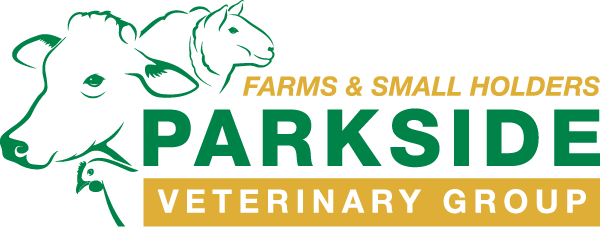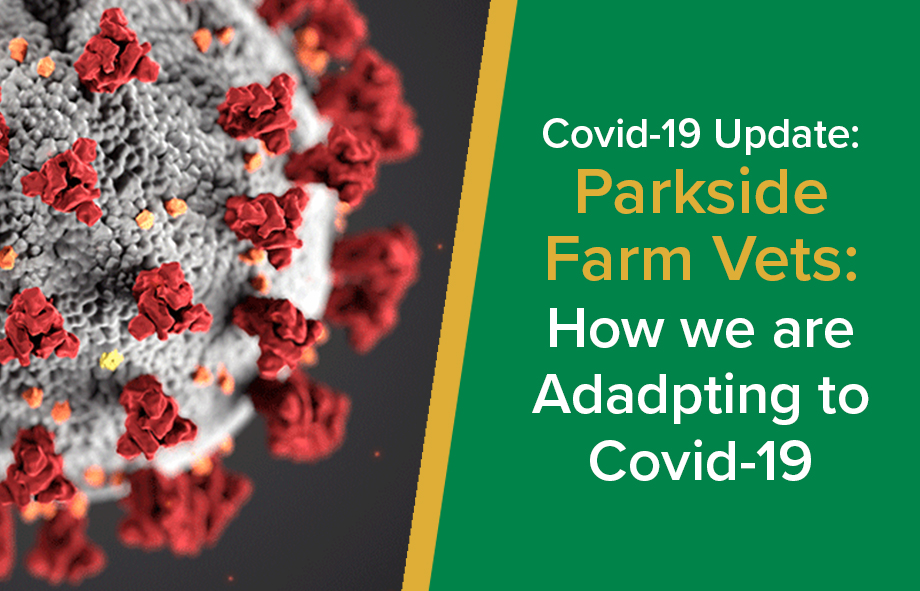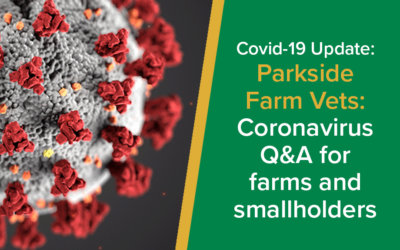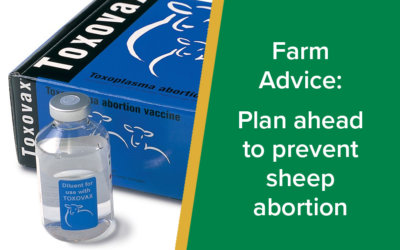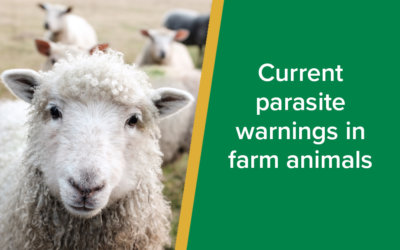Like many other businesses during this difficult period, Parkside Veterinary Group has had to adapt its working methods in recent days. As vets, our role has always been one of protecting animal health and welfare, but we also have a duty to protect human health, and during the current coronavirus crisis, we have had to take the difficult decision to alter our working practices to stop routine appointments and to focus primarily on urgent/sick/emergency care. This allows us as vets to continue to care for the animals that need it the most while trying to prevent the spread of the virus and support the tremendous work that our NHS is currently undertaking.
We can reassure clients that we are still providing a full 24-hour service to ensure that no animal will be without the care that is required, whatever the hour. The government regards farm vets as essential workers and wants vets to assist in maintaining the food chain, so some routine procedures may still be going ahead, please ring 01382 811111 and speak with the vet on duty who will be able to discuss with you.
Medications can be ordered from our Kings Cross Road surgery. In an effort to help our clients, we can post out medications to try and support the government initiative where we really want people to stay at home. It is our belief that by all working together we will beat the virus but to do so requires a concerted effort from everyone.
Currently, BVD monitoring should go ahead to prevent your herd being classified as ‘not-negative’ due to lack of tests, since BVD monitoring is a screen of a proportion of your herd it should be possible to maintain social distancing and take the blood samples. The laboratories are prioritising statutory and diagnostic samples but are down to minimal safe staffing levels, so all cattle health scheme tests are not currently being run, this means that the vet’s journey to take the samples is not essential at the moment and all such visits should be postponed.
We have always used photos and videos taken by our clients to assist us, expect our vets to ask for more of these to help them decide if a visit to your animal is a necessary journey or if it would be more appropriate to arrange for some medications to be put for you to collect at our Kings Cross Road surgery (all of our other branches are closed at the moment).
In the event of a vet visiting you, then we would ask:-
- If you are self-isolating or exhibiting symptoms of Covid-19 then please inform the surgery and ask someone else to be with your animals, if this is the case, the vet will ring you before they visit your farm and then will ring you afterwards to discuss their findings and advice.
- Help us to keep to social distancing rules by having your animals ready and secure (e.g. cattle in a crush).
- Minimise the number of people present.
- Please have warm water available for the vet to wash at the end of their visit.
We have a fantastic, hard-working and dedicated team who are working very hard to ensure we can provide this service throughout this difficult time, we would ask for your patience and understanding during this time. We are tremendously proud of our team who have truly excelled and risen to the challenges thrown at us all over the last few weeks.
Lastly, we would like to extend our grateful thanks to you all for the messages and kind words of encouragement.
Stay at home – Protect our NHS – Save lives.
Best wishes from us all at Parkside
To help you determine if you should contact us, the BVA (British Veterinary Association) has issued the following advice.
Emergency = immediate threat to life, significant impact on health/welfare and likely to deteriorate if left unmanaged. In normal circumstances, these are cases that would be seen out of hours or fitted in on the same day.
Urgent = Significant impact on health/welfare but currently stable, or moderate impact but significant risk of deterioration.
Non-urgent/routine = Minor impact on health/welfare and unlikely to deteriorate, or non-disease associated.
Farm specific advice.
- Maintain a physical distance of 2m at all times
- Keep up-to-date with APHA advice re statutory surveillance & TB testing
- Do not enter the farmhouse
Examples to help assess whether a case is urgent or an emergency (not an exhaustive list).
Suspend / Delay:
-
- Any routine work which does not directly impact on maintaining the food chain or that is required in accordance with the latest government advice of statutory surveillance and TB testing.
Remotely assess in the first instance:
-
- Mild trauma.
- Animal down peri-partum.
- Pneumonia outbreaks.
- Increased cell counts or mastitis issues – this could be covered by data analysis, remote video viewings and utilising the ongoing lab services
- Post-op checks.
- Scouring youngstock – sample collection may be appropriate.
Warrants physical examination:
-
- Any of the above deemed necessary following remote triage or consultation
- Surgical cases, such as Caesarean sections or LDA’s
- Fertility work – when it can be carried out safely to help maintain the food supply chain
- Statutory disease surveillance & TB testing – when it can be carried out safely (check latest government advice)
- Emergency slaughter
- Severe trauma
- Difficulty breathing
- Sick or anorexic cows
- Suspected hypomagnesemia
